Established in 2011, Phu Hoa Youth Agricultural Service Cooperative (Tan Hoi commune, An Giang province) owns a rice cultivation area of more than 600 hectares with 320 participating members. After decades of development, the Cooperative has always been a pioneer in many local movements such as building new rural areas, implementing IPM (integrated pest management), applying "3 reductions, 3 increases", "1 must, 5 reductions", building a large-scale field model adapting to climate change, linking raw material areas, alternating flooding and drying...
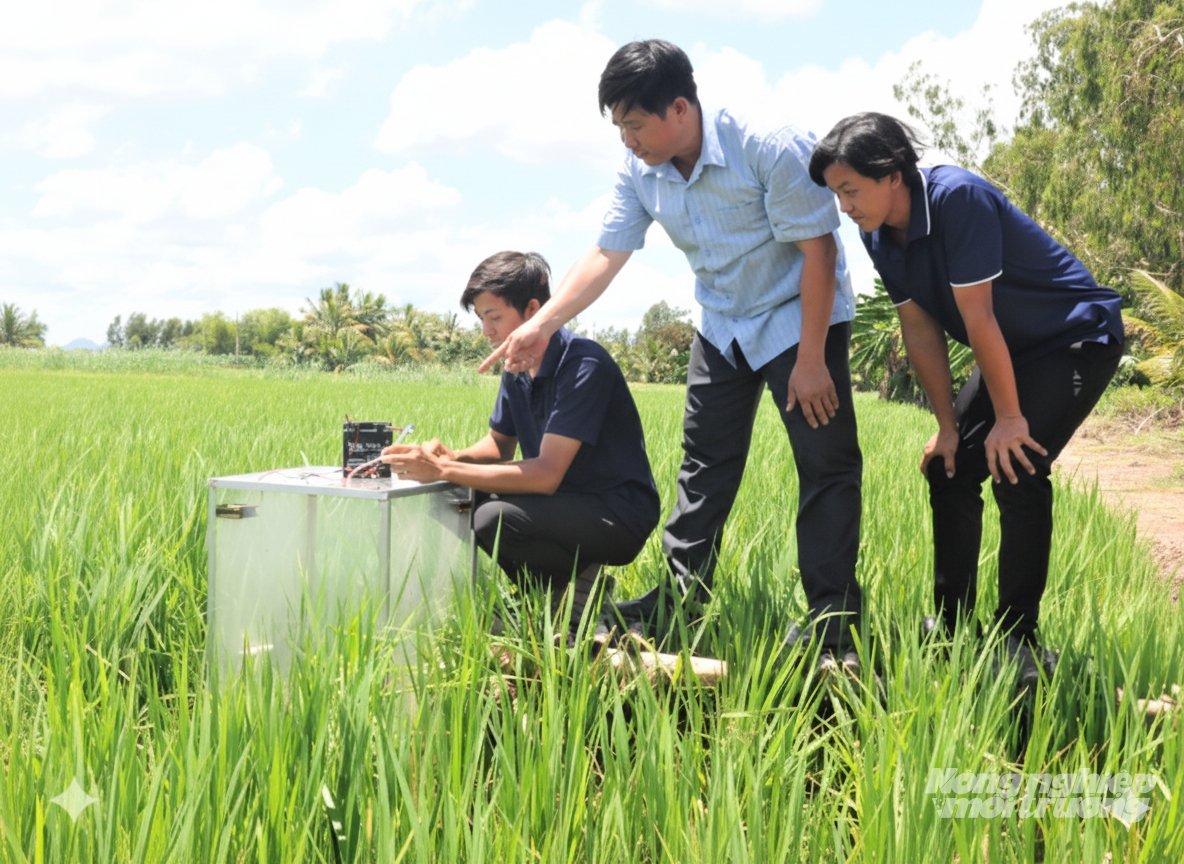
Mr. Nguyen Van Huynh (center), Director of Phu Hoa Youth Agricultural Service Cooperative, and a group of young people measure emissions in a field participating in the 1 million hectare high-quality rice project. Photo: Trung Chanh.
When the Project on sustainable development of 1 million hectares of high-quality and low-emission rice cultivation associated with green growth in the Mekong Delta by 2030 was launched, the Cooperative was selected by the An Giang agricultural sector as one of the first units to participate in the pilot.
Mr. Nguyen Van Huynh, Director of the Cooperative, said that the motivation for the unit to participate in the Project comes from very clear benefits: expanding the production area, reducing input costs, increasing profits per unit area, and importantly, protecting the environment. The Cooperative's operating philosophy has shifted from doing it all for itself to a disciplined value chain: standard varieties, applying IPHM (integrated plant health management), complying with the crop calendar and the emission-reducing rice production process. At the same time, it signs contracts with enterprises to supply input materials, consume products, and reduce risks related to the market and prices.
The infrastructure of the Cooperative is also designed to “run the chain”: The agricultural material service team takes care of inputs. The mechanization team is in charge of plows, harvesters, and sprayers. The harvesting - drying - warehouse team connects with the rice mill. The quality control team keeps field logs and tracks shipments. When any link in the chain has problems, the Cooperative Executive Board intervenes promptly to ensure progress and quality standards.
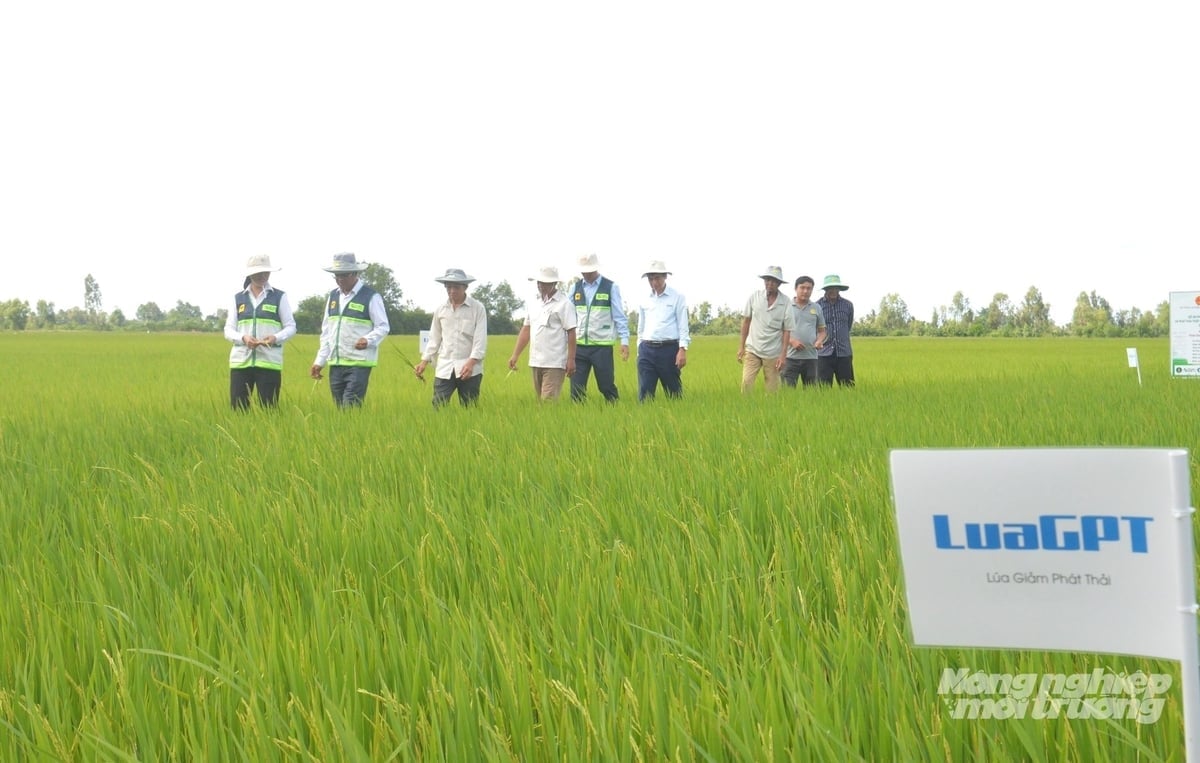
Community agricultural extension forces participate in transferring IPHM techniques on the pilot field of the 1 million hectare high-quality rice project at Phu Hoa Youth Agricultural Service Cooperative. Photo: Trung Chanh.
Phu Hoa Youth Agricultural Service Cooperative is also a "transit station" for IPHM knowledge between experts, technical staff and farmers. Each FFS (farmer field school) instruction session according to the growth stage of the rice plant, each demonstration plot comparing the control field and IPHM field helps members see the difference: lower seed quantity still achieves the same or higher yield; pests and diseases are managed when reaching the prevention threshold; the amount of fertilizer and pesticides is reduced but the quality of rice grains is more uniform. When the IPHM program becomes a production habit, costs are reduced by 15 - 20%, profits increase, rice quality is uniform, and products meet food safety requirements. That is the most practical way to convince farmers.
A highlight of Phu Hoa Cooperative is the role of the youth. The young force grasps technology quickly, skillfully operates pesticide spraying drones, smart pumping stations, manages field data, applies smart pest monitoring stations to manage pests... They are also "change ambassadors" in the community, bringing a dynamic spirit and youthful energy to each meeting of the Farmers' Association, Youth Union, Women's Union, and pulls hesitant households into the new production standards.
Like many other agricultural cooperatives, Phu Hoa Youth Agricultural Service Cooperative is facing a "bottleneck" in production capital. Its own resources are still limited, while the conditions for accessing preferential capital from banks for farmer organizations have not been cleared. Therefore, the Cooperative recommends that the locality continue to support investment in infrastructure, mechanization equipment, and enhance training to improve management capacity for the leadership team. At the same time, connect businesses, banks, and agricultural insurance so that the production chain is not broken by market fluctuations.
After the pilot crops, the IPHM application model at Phu Hoa Youth Agricultural Service Cooperative was expanded. The experience of the Cooperative showed 4 conditions for sustainable IPHM replication: Stable certified seed source, rice quality suitable to market demand; continuous training and coaching on farming techniques until proficient application; synchronous mechanization from land preparation, sowing, care to harvesting, drying and having transparent consumption contracts, clear benefit sharing formula between enterprises, farmer organizations and participating members.
When the IPHM application model spreads strongly, the 1 million hectares of high-quality rice project in An Giang will have a solid operating framework, farmers will have good profits, cooperatives will play a key role, businesses will have standard raw materials, and the government will achieve green growth goals.
Source: https://nongnghiepmoitruong.vn/hop-tac-xa-thanh-nien-phu-hoa-dan-dat-canh-tac-xanh-d782540.html









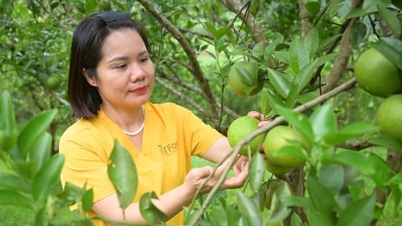
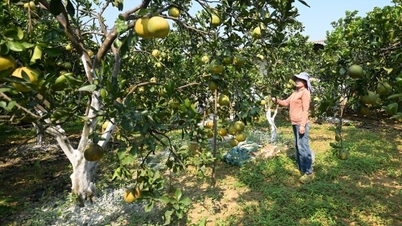
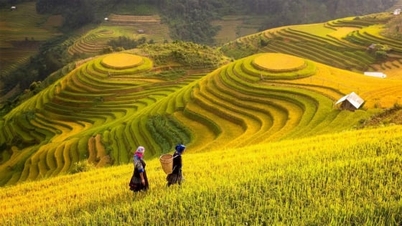

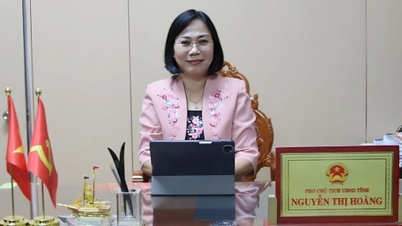

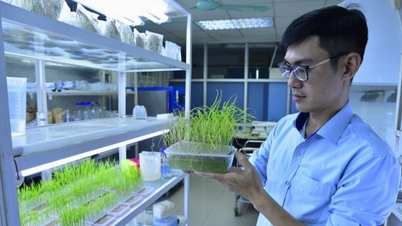
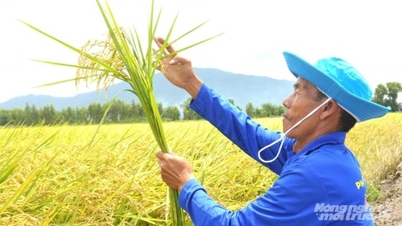




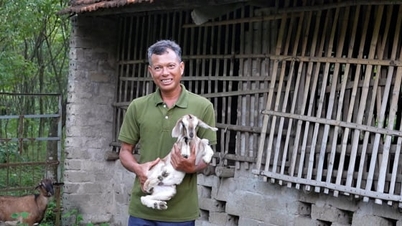
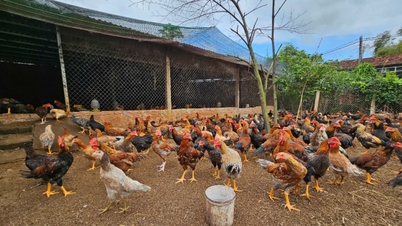

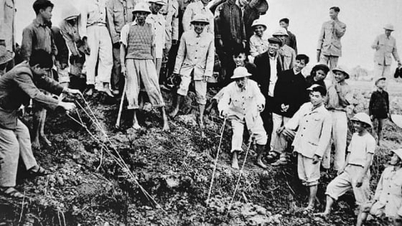








































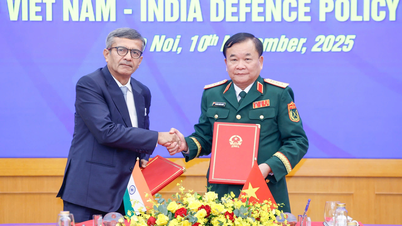




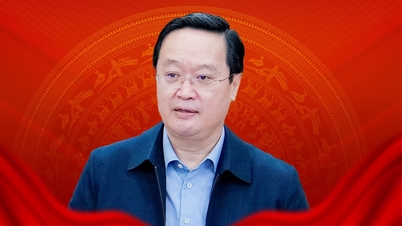










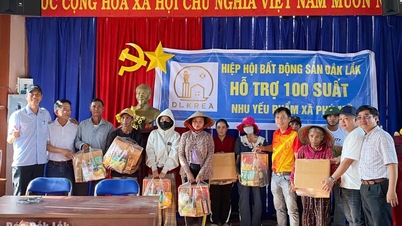

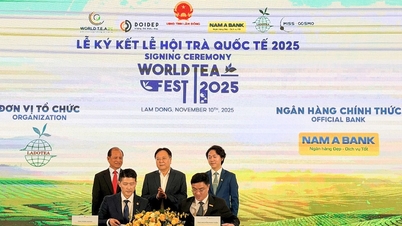



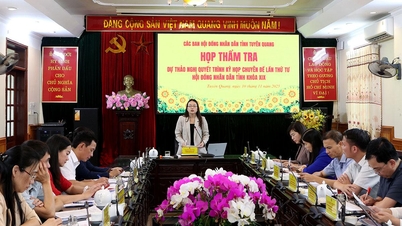

![Dong Nai OCOP transition: [Article 3] Linking tourism with OCOP product consumption](https://vphoto.vietnam.vn/thumb/402x226/vietnam/resource/IMAGE/2025/11/10/1762739199309_1324-2740-7_n-162543_981.jpeg)












Comment (0)